The incomparable Roger Bannister, whose passing marks the end of our links with a vanished age of sporting innocence, could have been knighted in 1954, such were his achievements in that year. He was eventually knighted 21 years later, in 1975: he could have been knighted for services to medicine or athletics, or both. We have started to play fast and loose with knighthoods. Bradley Wiggins and David Brailsford were both knighted at the end of 2012, the year of the London Olympics and Wiggo’s epic win in the Tour de France. Not looking such a bright idea now though. Wiggo and Brailsford are perfect examples of the rule that sports people shouldn’t be knighted while still on active duty. It’s just asking for trouble.
Sport has always been about rules and laws; now it seems to be about ‘ethical lines’, too, more particularly the one that Wiggins crossed by getting pumped full of a steroid called triamcinolone just before the 2012 Tour and apparently on several other occasions. This was permitted under something called a ‘therapeutic use exemption’, which is cycling’s equivalent of a sick note. But if you use a sick note at work when you aren’t sick, that is effectively cheating. And if a top cyclist uses a TUE to take triamcinolone and he wasn’t especially sick, isn’t that the same? (Wiggins insists he was prescribed triamcinolone based on medical need but records weren’t kept so we can’t know.)
Wiggins and Brailsford may have played within the rules, but if this stuff is so dodgy why isn’t it banned? That way they wouldn’t have to worry about crossing any ethical line. They have known this is a big problem: when the story about the mysterious ‘jiffy bag’ delivered to Wiggins first started to break, Brailsford offered the Daily Mail’s Matt Lawton an incentive not to publish. ‘If you didn’t write the story, is there anything else that could be done?’ Brailsford asked.
The Australian cricket team’s vice-captain, David Warner, would never be described as the world’s most likeable person. Warner’s latest stramash was with the normally sleepy-eyed Springbok Quinton de Kock, who had said something disobliging to Warner towards the end of the first Test in Durban. Warner had to be restrained in the tunnel by his teammates, which wasn’t a bad idea as in the CCTV film of the incident Faf du Plessis, the Boks skipper, emerges in his towel looking fit and extremely ready for action. Faf and the boys have probably drunk protein shakes bigger than Davey Warner.
What this preposterous fracas reveals is a deeper problem for Test cricket: scarcely anyone was watching in the ground, and if there is one thing top sports people don’t like it is performing to an empty house. If the players were bound up in the action, they wouldn’t be messing around with handbags in the tunnel. Test cricket must watch out: there’s trouble ahead. And it’s not David Warner-shaped.
Next year will be a good time to be the best rugby team in the world. New Zealand are in decline, Australia aren’t that good, South Africa are in turmoil, Wales are only close, Scotland are fun but erratic and France are, well, France. That leaves England and Ireland in a great position to pick up the pieces in Japan. England have been winning, but not smashing teams; there are selection issues and the opposition are beginning to work Eddie Jones out. That leaves Ireland: solid, together and an easy selection choice from two provinces, plus Ulster and Connacht. Ireland will win the World Cup not because they are outstanding but because they are heading in the right direction at the right time. If I am correct, they will beat Wales on Saturday and England the week after. But let’s see.
Got something to add? Join the discussion and comment below.
Get 10 issues for just $10
Subscribe to The Spectator Australia today for the next 10 magazine issues, plus full online access, for just $10.
You might disagree with half of it, but you’ll enjoy reading all of it. Try your first month for free, then just $2 a week for the remainder of your first year.


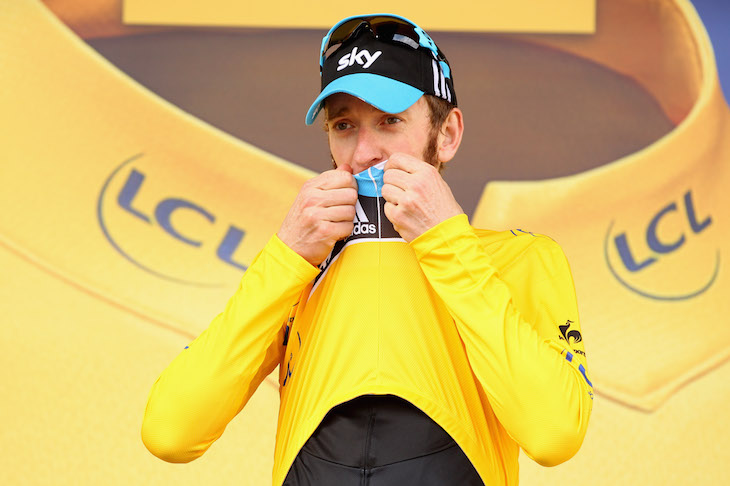
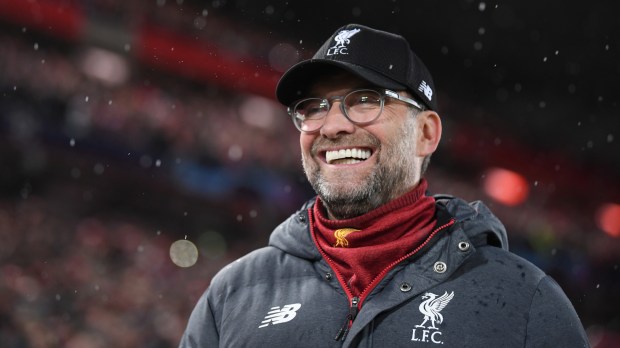
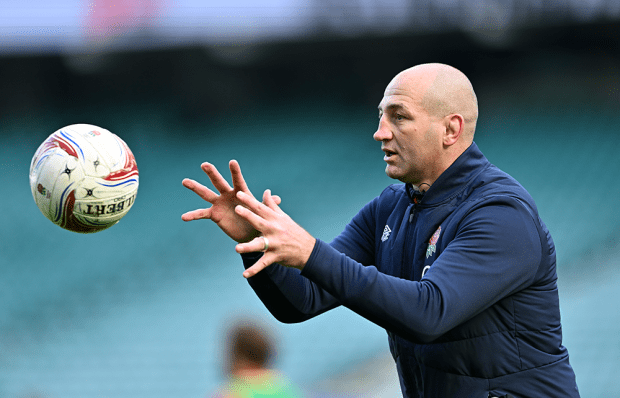
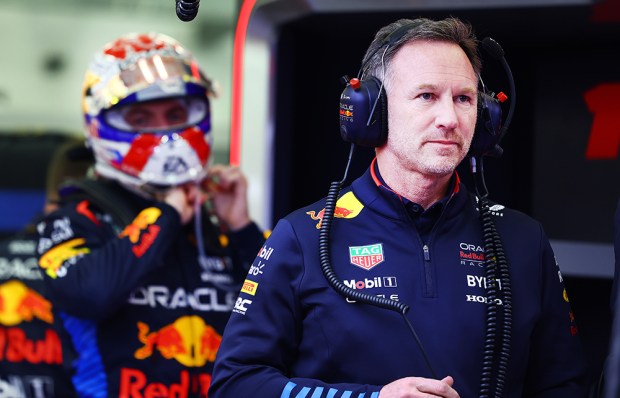
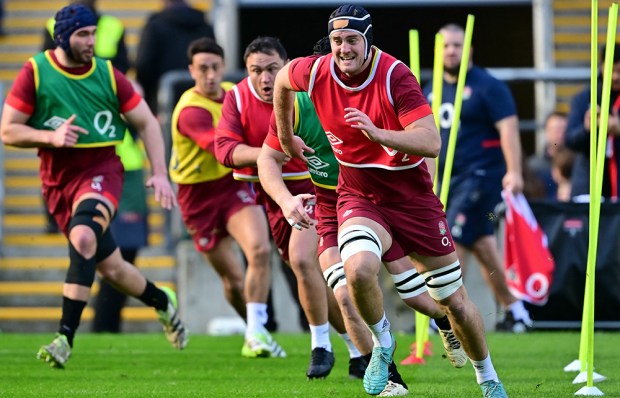

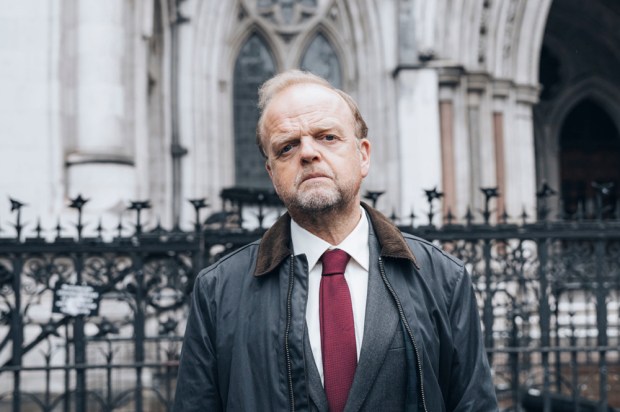






Comments
Don't miss out
Join the conversation with other Spectator Australia readers. Subscribe to leave a comment.
SUBSCRIBEAlready a subscriber? Log in